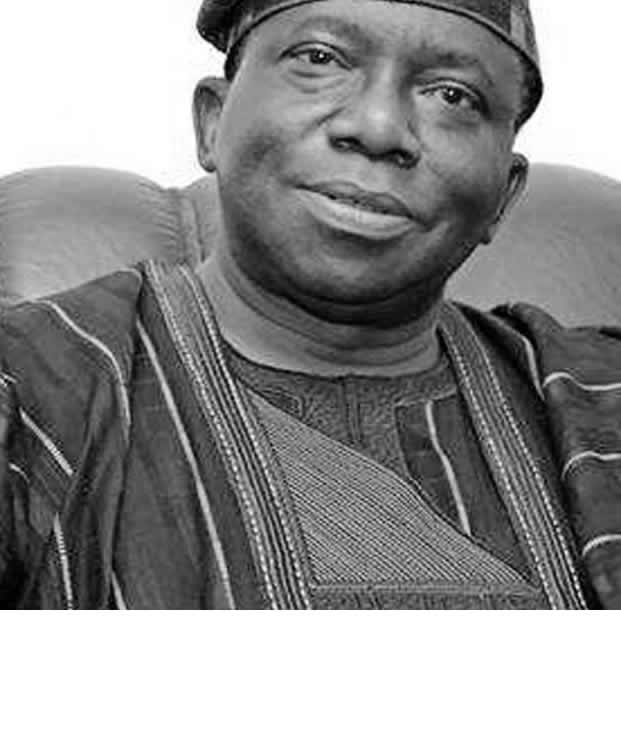The recent outbreak of Lassa fever obviously exposed further the poor health care system in Nigeria. It specifically told the world that Nigeria’s disease surveillance and control is still backwards. It also exposed the inefficiency of the nation’s Primary Health Care system. Above all the Lassa fever Outbreak which seems to have gotten out of hand is also sending the signal that Nigeria managed to contain Ebola not because all human and financial resources were made available.
The Nigerian Government called for an Emergency session of the National Council on Health (NCH) on Lassa Fever Outbreak, the same way the country did when the first index case of Ebola was reported.
The night long meeting in September 2014 had all state Governors making promises to boost its disease surveillance and control system then, many of those pledges were not fulfilled and thus the seemingly uncontrollable lassa Fever deaths.
It could also be recalled that the then administration made financial commitments for construction of quarantine centers and ambulance systems available in states. There were alleged reports that some of those funds were not accounted for.
Following the outbreak of Lassa fever which started since August 2015, and were not reported until the time the disease spread beyond control, the Federal ministry of health called for emergency national Council on Health meeting which held at the Rotunda Hall, Ministry of Foreign Affairs Building, Abuja, FCT on 19th January, 2016. The National Council on Health is the highest advisory body on health in Nigeria.
The Emergency meeting was convened by the Honourable Minister of Health Professor Isaac Adewole to lay the foundation for a Multi-Sectoral Response to the Lassa Fever Outbreak as a matter of urgency.
The specific objectives of the Emergency meeting were presented to Council by the Honourable Minister of State for Health and included the need to facilitate discussion on the control of the on-going Lassa fever outbreak, development of strategies for the prevention and management of outbreaks; operationalisation of integrated management of outbreaks and emergencies at the Federal, State and LGA levels; and inauguration of the Lassa fever eradication committee.
The health Minister made a presentation called “Laying the Foundation for a Multi-Sectoral Response to Lassa Fever”. The presentation elucidated the Multi-Sectoral Response Strategy for the control of Lassa Fever and other similar milar diseases. He called on all the States to strengthen their surveillance systems, report all cases and collaborate with the Federal Ministry of Health in the successful implementation of the Multi-Sectoral Response Strategy.
The Council also received a presentation on Epidemiological Situation of the current Lassa Fever Outbreak in Nigeria including available Response Infrastructure/Resource requirements by Prof. Abdulaslami Nasidi, National Coordinator/CEO, NCDC; updates from Lassa Fever affected states who detailed the progression of the outbreak(s) in their states and current efforts to contain and prevent further spread of the disease and reassure the affected Communities; as well as updates from CMDs/MDs of Federal Tertiary Health Institutions located within the affected States on their response and high index of suspicion towards all cases coming to their institutions, their management of confirmed cases, and measures being implemented to prevent nosocomial spread within their facilities as well as their community outreach efforts.
the efforts of the Federal Ministry of Health, its Agencies and Parastatals under the leadership of the Honourable Minister of Health as well as the efforts of all States including non-affected States who are actively strengthening their surveillance systems, awareness and health programme campaigns were recognized . But what was lacking was indebt feedback from the states on disease control and emergency response after the Ebola experience in Nigeria.
The NCH participants however said Ebola, was different from Lassa Fever which they said is treatable if detected early and there are adequate treatment centres spread across the country.
They were optimistic that the virus would be contained as they reassured the Public on the adequacy of the response to the outbreak and urged the Public, Community and Religious leaders to cooperate with the Health Agencies in their States to ensure prompt reporting of any suspected case.
The NCH comprises of the State Commissioners for Health of the 36 States, the Secretary of Health & Human Services Secretariat FCT, with the Honourable Minister of Health as the Chairman of the Council. The Emergency Meeting of the National Council on Health was chaired by the Honourable Minister of Health, Professor Isaac F. Adewole.
A total of 418 delegates participated from the Ministry, Departments and Agencies of the Federal Ministry of Health including Chief Medical Directors/Medical Directors of Federal Tertiary Health Institutions, State Ministries of Health and the Health & Human Services Secretariat of the Federal Capital Territory Administration, Abuja. Others in attendance were representatives of key Federal Ministries such as Agriculture, Education, Environment and Information; Also in attendance were Development Partners drawn from WHO, UNICEF, UNFPA, WAHO, CDC, PATHS2, DFID, BMGF, HERFON, AFENET, Higher Commissioner of Canada, Innovative Vaccines, and USAID; as well as delegates from the Health Regulatory Bodies, Professional associations, the Tri-Services of the Nigerian Military and Para-

Leave a Reply